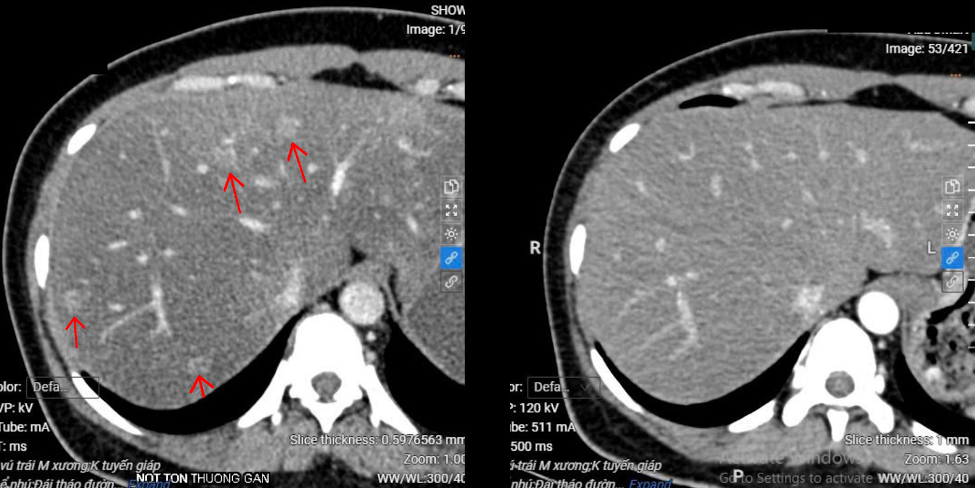Dr. Tran Hai Binh, deputy head of the Oncology Department at Tam Anh General Hospital in Hanoi, describes CDK 4/6 inhibitors as "a breakthrough in the treatment of metastatic breast cancer." Traditionally, metastatic breast cancer is treated with endocrine therapy combined with chemotherapy or radiation. However, endocrine therapy alone isn't always sufficient, and chemotherapy can cause debilitating side effects like hair loss, nausea, and fatigue.
"CDK 4/6 inhibitors work by suppressing CDK 4 and 6, enzymes that help cells divide," Dr. Binh explains. By inhibiting these enzymes, the drugs prevent cancer cells from multiplying. When combined with endocrine therapy, this targeted approach slows the growth of breast cancer, especially in advanced or metastatic stages, improving survival rates.
While CDK 4/6 inhibitors can cause side effects like mild diarrhea, fatigue, or a decrease in white blood cells, they are generally less severe than those associated with chemotherapy, according to Dr. Binh. This is particularly beneficial for younger women who are working or raising children, as it allows them to maintain their physical and mental well-being during treatment.
In 2022, Phuong, 40, discovered a 19x17 mm tumor in her breast. A biopsy confirmed stage three invasive ductal carcinoma that had spread to her liver, ribs, spine, and pelvis. Her immunohistochemical test was positive for hormone receptors and negative for HER2 protein (HR+/HER2-). Following treatment with endocrine therapy and a CDK 4/6 inhibitor, her back pain subsided, and she was able to stop taking pain medication.
Three years later, Phuong's breast tumor is gone, the liver metastases have disappeared, and the bone lesions have hardened, no longer causing pain. Throughout her treatment, she experienced no significant side effects, no hair loss or nausea, and maintained a normal appetite and lifestyle. Phuong continues to receive regular check-ups and maintenance therapy.
 |
Phuong's multiple liver tumors before treatment (left) and after 3 years (right). Photo: Tam Anh General Hospital |
Phuong's multiple liver tumors before treatment (left) and after 3 years (right). Photo: Tam Anh General Hospital
Nguyet, 38, was diagnosed with breast cancer that had metastasized to her liver and lungs in 2023. Her test results were also HR+/HER2-. After a year of treatment with a CDK 4/6 inhibitor, the metastases in her liver and lungs shrunk, her overall health improved, and she experienced no hair loss. Two years later, her condition remains under control.
 |
Dr. Binh examines a full-body scan of a breast cancer patient. Photo: Tam Anh General Hospital |
Dr. Binh examines a full-body scan of a breast cancer patient. Photo: Tam Anh General Hospital
According to 2022 Globocan statistics, breast cancer is the leading cause of cancer-related deaths among women in Vietnam. Approximately 30-40% of breast cancer patients will develop metastases to the liver, bones, lungs, brain, and other organs.
Three CDK 4/6 inhibitor drugs were approved by the US Food and Drug Administration (FDA) in 2/2016 for the treatment of advanced and metastatic breast cancer. Two of these are included in the Vietnamese Ministry of Health’s guidelines for breast cancer diagnosis and treatment, published in 7/2020.
Hoai Pham
| Readers can submit questions about cancer here for doctors to answer. |












